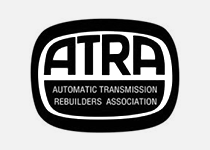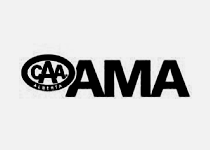Whether you drive an 18-wheeler or a little hatchback, regularly servicing your vehicle will help ensure you get the best possible performance over the duration of your car or truck’s lifetime. Follow these servicing protocols and always adhere to your owner’s manual for optimum results.
ENGINE OIL CHANGE
Oil keeps engine parts lubricated, prevents corrosion, and acts as a detergent. Regular oil changes will ensure that all engine parts keep running smoothly. How often should you change your oil? It used to be every 3,000 kilometres was the norm, but nowadays, engines burn a lot cleaner. Depending on the make and model of your vehicle, oil changes may be recommended every 5,000, 7,500 or even 10,000 kilometres. Refer to your owner’s manual for an accurate assessment. In between oil changes, it’s still important to monitor your oil levels. Top up with the recommended oil for your vehicle as needed.
ENGINE AIR FILTER
Being able to breathe unobstructed is as important for your car engine as it is for you. But if air filters aren’t regularly changed, over time your vehicle’s filtration system could become overburdened. Dust and dirt will eventually penetrate the engine and ultimately impede performance. Regularly changing the engine air filter is a simple and inexpensive preventative measure. Generally, they should be changed every one to two years. Follow the recommendation outlined in your owner’s manual.
ANTIFREEZE
Being proactive about maintaining appropriate levels of antifreeze will prevent costly car or truck repair work that’s required when a radiator freezes or gets too hot. It draws heat away from your engine, and prevents lines from freezing during those cold Calgary days. Most cars require this fluid to be drained and replaced approximately every 45,000 kilometres—or every two to three years—at which time the radiator should be flushed. At all other times, the antifreeze—generally mixed at a ratio of one-to-one with distilled water—should be kept between the high and low marks on the coolant container.
TIRES
Maintaining proper air pressure in your tires helps give you proper traction on highways and also improves your mileage. In addition, tires need to be rotated approximately twice a year and checked for alignment at least once a year. You also need to make sure you have sufficient tread on your tires. They’ll need to be replaced approximately every five or six years.
TRANSMISSION FLUID
Transmission fluid functions within the transmission in much the same way that oil functions in the engine. It lubricates all components and keeps gears turning as needed. It also provides hydraulic power to keep components moving within an automatic transmission. A transmission fluid change and transmission flush should be performed on your car or truck every 40,000 kilometres or approximately every two years to prevent costly vehicle repair down the road.
NEED TRANSMISSION SERVICES?
Call National Transmission when you require a transmission fluid change, transmission flush or should you require a clutch repair. Contact us and we’ll help keep you motoring in Calgary, Lethbridge, Medicine Hat and beyond.





